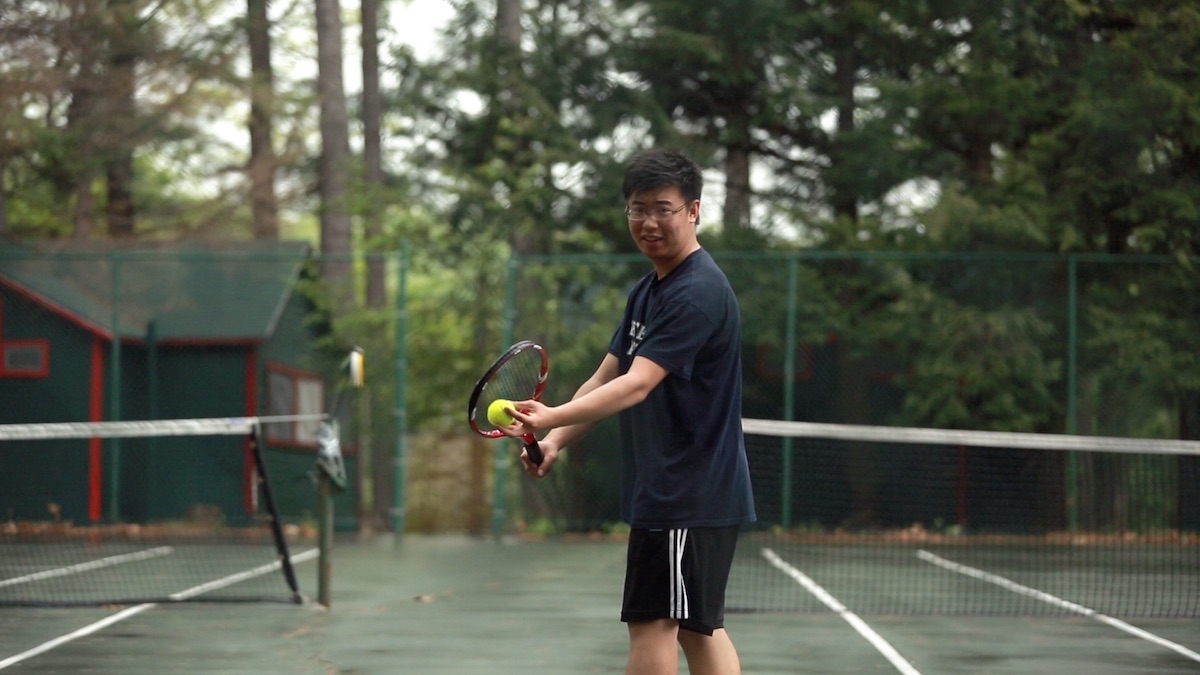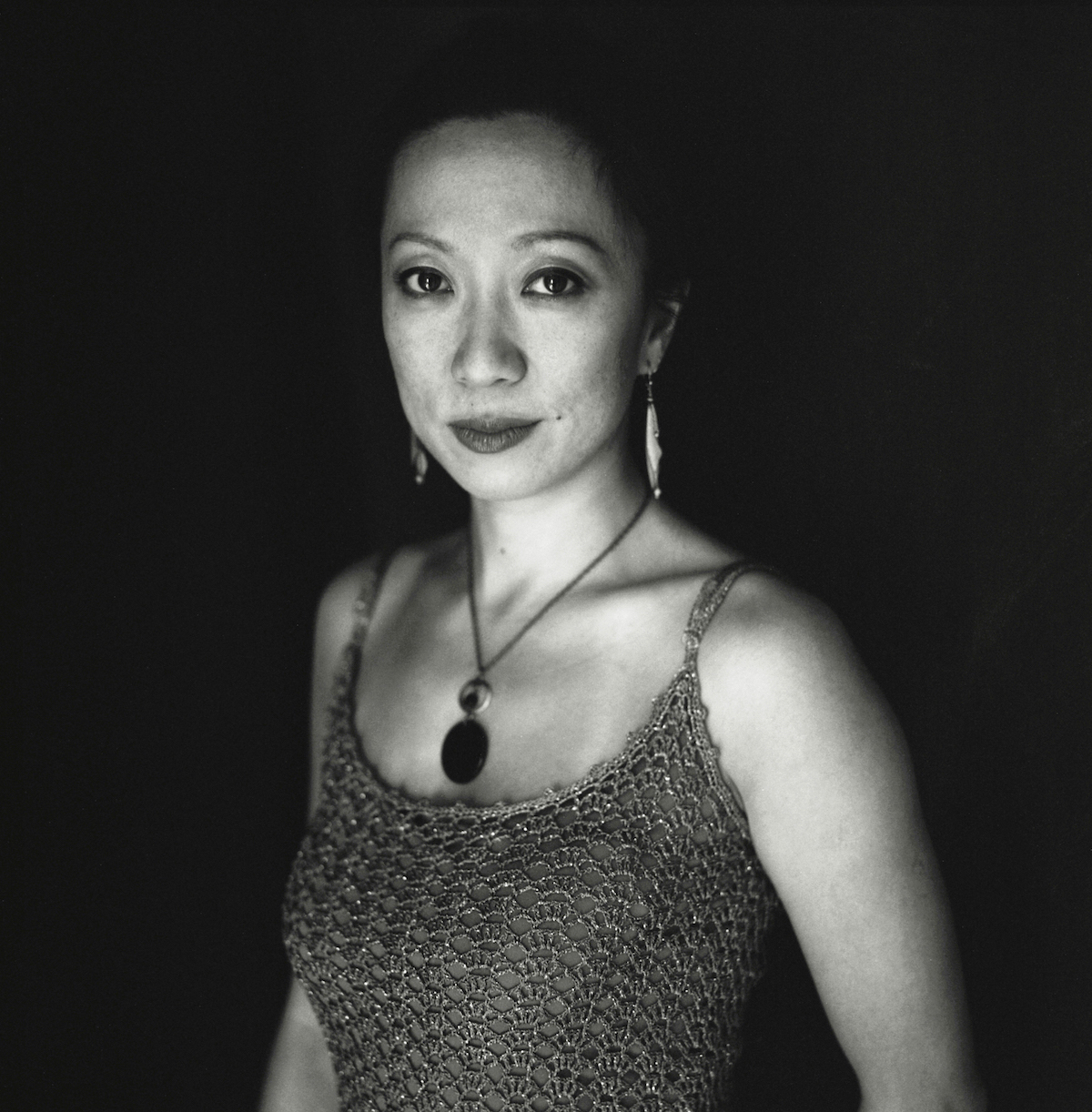 Photo courtesy of Sean Price Williams
Photo courtesy of Sean Price Williams
According to a study by the Institute of International Education, Chinese students made up approximately 33% of all international students in American colleges and universities and 58% of all international students in American secondary schools in the 2016-17 school year.
They contribute significantly to the American economy: Chinese students enrolled in American higher education contributed $12.5 billion in 2016, according to the U.S. Department of Commerce, and their numbers have been skyrocketing, increasing 468% from 2003-04 to 2016-17 in just higher-education institutions alone.
Filmmaker Miao Wang explores this fast-growing phenomenon through her latest documentary, Maineland. Filmed over three years, Maineland follows two Chinese students—Henry, a quiet, introspective gamer, and Stella, an outgoing cheerleader—through their high school education at Fryeberg Academy, a private boarding school in rural Maine.
“Maineland challenges many stereotypes and representations of China and Chinese immigrants,” says Miao. “It speaks to the benefits of cross-cultural interactions and dialogues for both sides.”
 Photo courtesy of Sean Price Williams
Photo courtesy of Sean Price Williams
The children of China’s new, wealthy elite, Henry and Stella come seeking a Western-style education that encourages critical thinking, exception from the grueling Chinese college entrance exam, and the excitement of an American high school experience. Over the course of the film, the two attempt to balance their hopes for the future with familial expectations and obligations, and their assimilation into American youth culture with their Chinese identity.
It’s a balancing act that Miao can sympathize with, having emigrated from Beijing in 1990 at the age of 12. Although she is now grateful for a transnational upbringing that allows her to understand the nuances of both American and Chinese cultures, she remembers those early years in America as difficult. “I never felt comfortable in high school,” Miao says. “I associate my high school years with alienation and feeling like an outsider.”
There are, however, key differences between Miao’s experience and that of Stella and Henry. For one, she had the love and care of her parents during those years, while the subjects of Maineland arrived on their own to boarding school. For another, the world has greatly changed since she immigrated.
 Photo courtesy of Sean Price Williams
Photo courtesy of Sean Price Williams
“We’re in a very different era of China’s standing in the world, and in U.S.-China relations,” says Miao. “China is embracing globalization and economic open doors, while the U.S. is closing its doors and turning inward. This shift creates nuanced differences in the experience of an immigrant.”
Maineland is the second part of a trilogy that explores China’s rise in the world. The first, Beijing Taxi (2010), follows three taxi drivers as they drive around China’s ancient but quickly changing capital. Filmed while preparations for the 2008 Olympics were underway, the documentary explores how members of a working-class population, largely raised on Communist ideology, respond to China’s new capitalistic system. Miao is currently conducting research for the final part of the trilogy, which will examine China’s changing societal mores through the lens of sex, love, and relationships.
 Photo courtesy of Jake Price
Photo courtesy of Jake Price
Maineland premiered last year at SXSW, where it received a Special Jury Award for Excellence in Observational Cinema, and has since won other festival awards, as well as a Critics’ Pick from the New York Times.
Its theatrical release was supported in part through a grant from the Vilcek Foundation, and Maineland is now screening as select theatres across the country. It will premiere in Los Angeles on June 8, and Miao will host Q&As after screenings at the AMC Monterey Park, Laemmle’s Music Hall, and Art Theatre Long Beach. Keep an eye on its website for other screening dates and locations, as well as availability on streaming platforms, expected to come later this year.